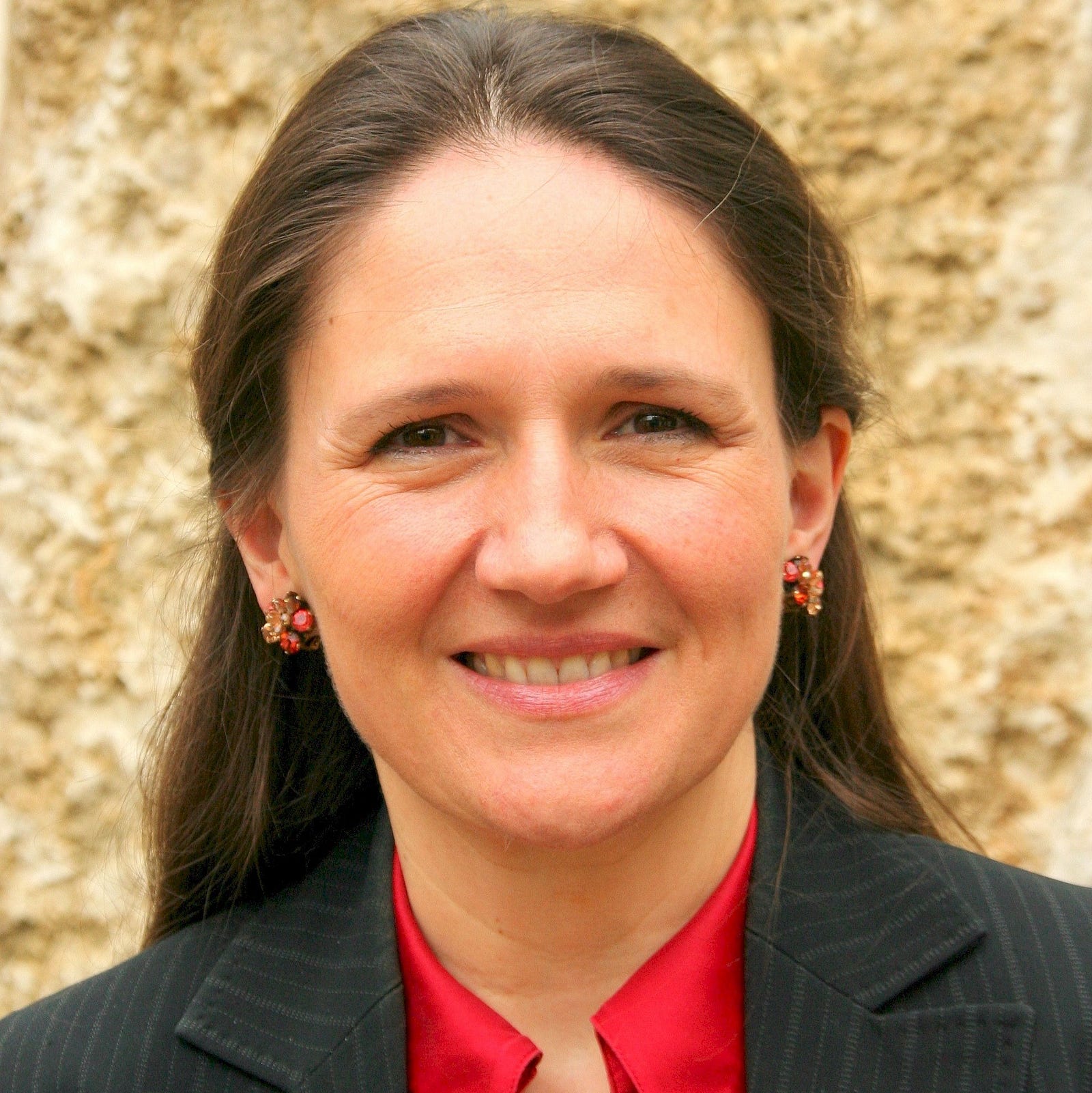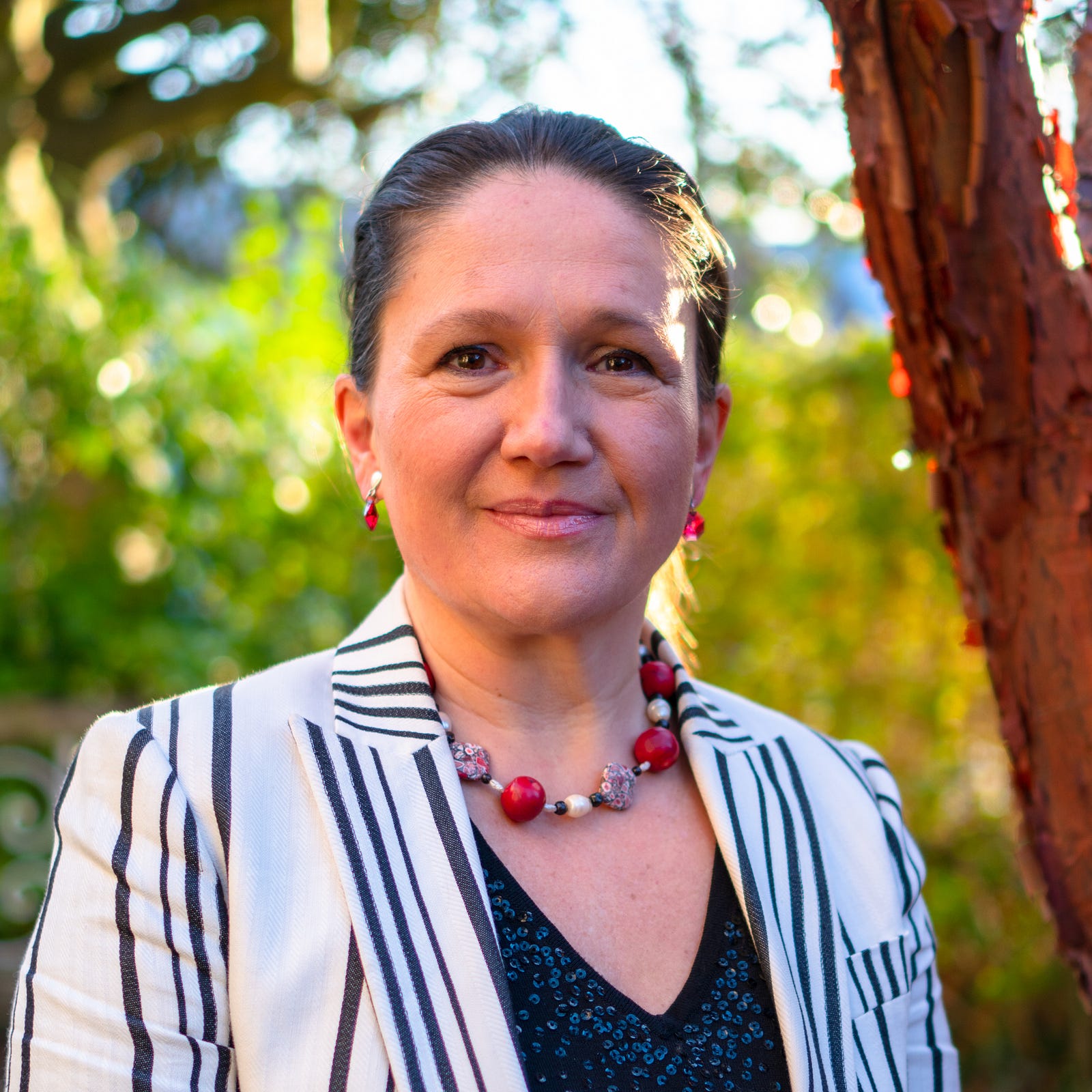As a part of my series about “Mental Health Champions” helping to normalize the focus on mental wellness, I had the pleasure to interview Dr Elizabeth Thompson, Lead Clinician and one of the Holistic Doctor Team at the National Centre for Integrative Medicine (www.ncim.org.uk), combining conventional, lifestyle and holistic approaches to improve health and wellbeing.
Thank you so much for joining us! Can you tell us the “backstory” about what brought you to this specific career path?
Throughout my career as a doctor I’ve been interested in holistic healthcare, but the real catalyst was becoming ill myself. I experienced severe burnout which was a mental health problem that felt physical.
I was fortunate at the time to have financial access to treatments that I needed, but millions don’t. It’s forced me to look at health in a deeper way, acknowledging that healing comes with balance. It was the integrated approach of all those conventional, lifestyle, and holistic treatments that brought me back to wellness.
That’s led me to a medical career that varies from exploring approaches before conventional drugs that may cause severe side effects, to founding the National Centre for Integrative Medicine, to training other healthcare professionals. I want to offer what I’ve experienced to the world.
Unfortunately the stigma of mental health means that even now, offering my personal experience feels unsafe. Today I am healthy and joyful, and what I’ve valued in recent years is greater discussions around mental health.
According to Mental Health America’s report,over 44 million Americans have a mental health condition. Yet there’s still a stigma about mental illness. Can you share a few reasons you think this is so?
Even for me now, talking about my personal experience of mental health is difficult — because mental health is still seen as weakness. People still say, “If you were stronger you wouldn’t feel this way.” And yet no one says to a diabetic, “If you were stronger you wouldn’t need insulin!”
This way of thinking reflects a misunderstanding of the nature of mental health and emotional health, and how they interrelate with physical health.
In the world today there is such pressure to do everything: we have unprecedented access to work hard on many things, to go to places, to do things, to have hobbies, to go to the gym, to go out on night’s out…so many choices, and yet we rarely choose to rest.
It can be a daily challenge to find balance in our lives, and yet society’s expectation is that we should be doing more. That is our model of success, and so when someone becomes stressed and needs to rest, they feel as though they have failed.

Can you tell our readers about how you are helping to de-stigmatize the focus on mental wellness?
At the NCIM, we have made the bold statement that we are here to help people with mental wellness in an integrative approach. Whether that means our Mindfulness for Depression, Food for Wellbeing, or our Writing for Wellbeing courses delivered across communities.
We have a diverse approach using an integrative model: there’s rarely one thing to solve a problem, so you bring multiple solutions to the table. It’s what makes our Holistic Doctor Service so popular: it’s an hour with a doctor, as we know that to understand mental wellness you need to take time to understand the full picture.
I think that lifestyle changes are often overlooked, so we are working with universities to deliver training for undergraduates to understand nutrition, green spaces, and exercise in a fresh way. This is often a key emotional time, so we want to ensure that young people are supported.
We’re also working closely with healthcare professionals to de-stigmatize mental wellness both in terms of their own self-care, and the care of their patients. When our doctors and nurses have compassion and understanding around mental wellbeing, we can start to identify people in danger of suffering burnout and a lack of wellness, and act immediately.
Was there a story behind why you decided to launch this initiative?
I had never had a day off sick before I experienced severe burnout in my whole career, and then suddenly I just became unwell. I developed panic disorder which made everything very difficult during that time. Here I was, a responsible doctor, in charge of a medical team, and I felt vulnerable at every moment.
Something had to change. Becoming unwell was awful but it did give me time to reflect.
To get well I needed many things: support from my doctor and conventional medicine, psychotherapy, exercise, homeopathy, acupuncture, spending time in green spaces — I needed all of them not just to get well but to get different. The lifestyle that I had before I became ill just wasn’t healthy.
Many people feel that they ‘should’ feel happy, they ‘should’ be feeling differently. In my role as Holistic Doctor, I want to make a space where you can say how it is for you without judgement.
And even now, I’m still learning. As 2019 began I found that I was dragging myself into it, my energy was so low. I was saying yes to everything, and actually reclaiming the ability to say no has been the latest part of my story.

In your experience, what should a) individuals b) society, and c) the government do to better support people suffering from mental illness?
We have to start early. Anxiety and depression, for example, can manifest in children, and so it’s been personally encouraging to see schools in the UK bring in initiatives like mindfulness.
As individuals, I believe we need to have more self-awareness around our body and mind, and that resilience building needs to start early.
As a society, we need to bring better understanding of nutrition to young people to create a generation that understands how to self-care through delicious and nutritious food.
Looking at the bigger picture, I want to see a government supporting a wellness model that goes beyond just acting in hospitals when someone becomes unwell. We need to act before then. Why wait until we are already ill? So it’s about how we can support healthcare initiatives in our communities.
I’d also like to see more support for expression through the creative arts. Only through the creative arts — whether that’s art, drama, music, writing — can we bring in emotional balance. We all experience pain, grief, loss, and understanding those emotions through creativity allows us to process them in healthy ways, preventing things bottling up until a point of crisis.
What are your 6 strategies you use to promote your own wellbeing and mental wellness? Can you please give a story or example for each?
- Daily mindfulness practice. Sit and use breathing techniques to quieten the mind using breath as a means to steady the mind.
- Playfulness. I think this is an essential part of staying well, and that may be playing in nature, or with friends, or watching comedy shows, or whatever is playful for you — being silly!
- Connection to nature.I get a deep support from nature, whether watching the new moon emerge in the sky, or a beautiful sunset, or the colour green in a wide expanse like a forest. The rhythms of nature remind me of our body’s natural rhythm.
- Quietness. I believe you need to find a peaceful place that doesn’t involve any input, away from screens or phones or emails. Watching the fire I find very peaceful, and learning to be alone — the fear of being alone will drive you out of your restful place when you’re over-tired.
- Food! Colourful, joyful food, cooked from scratch. Vegetables, herbs, spices, I think all are important in a delicious diet that can build mental wellness. There are some fantastic herbal drinks out there that I particularly love, such as valerian press last thing at night.
- Loving relationships. Finding people, friendships that nurture you, that you feel good around, who allow you to express yourself.
And none of this costs money! The only one that does is food, and we’re already doing that. None of this is out of reach, absolutely everyone can make a real difference to their own wellbeing without spending money.
What are your favorite books, podcasts, or resources that inspire you to be a mental health champion?
Tim Ferriss’ podcast: some really good discussions, particularly his recent interview with Andrew Weil, whose book Spontaneous Healing is also excellent. The Doctor’s Kitchen by Dr Rupy Aujla, who encourages people to eat well for healthy, happy lives. The Joy of Burnout is a fantastic book, I’d definitely recommend that.
But of course, you don’t always have to be learning! I love listening to music — jazz in particular. I love novels which I believe really reveal human nature. When you are struggling with your own mental wellness, you can feel very alone sometimes, but novels show us that we are not alone: that people have been feeling some of these shadow elements of life throughout time, and these dark times do end.
Books on my bookshelf that I’d recommend are H is for Hawk, and anything by Jeanette Winterson.
I also love being creative myself, from journaling to drawing. It’s empowering to look back sometimes on my writing, and see how I have moved through parts of my journey. There are plenty of blank pages left, of course…
Thank you so much for these insights! This was so inspiring!


